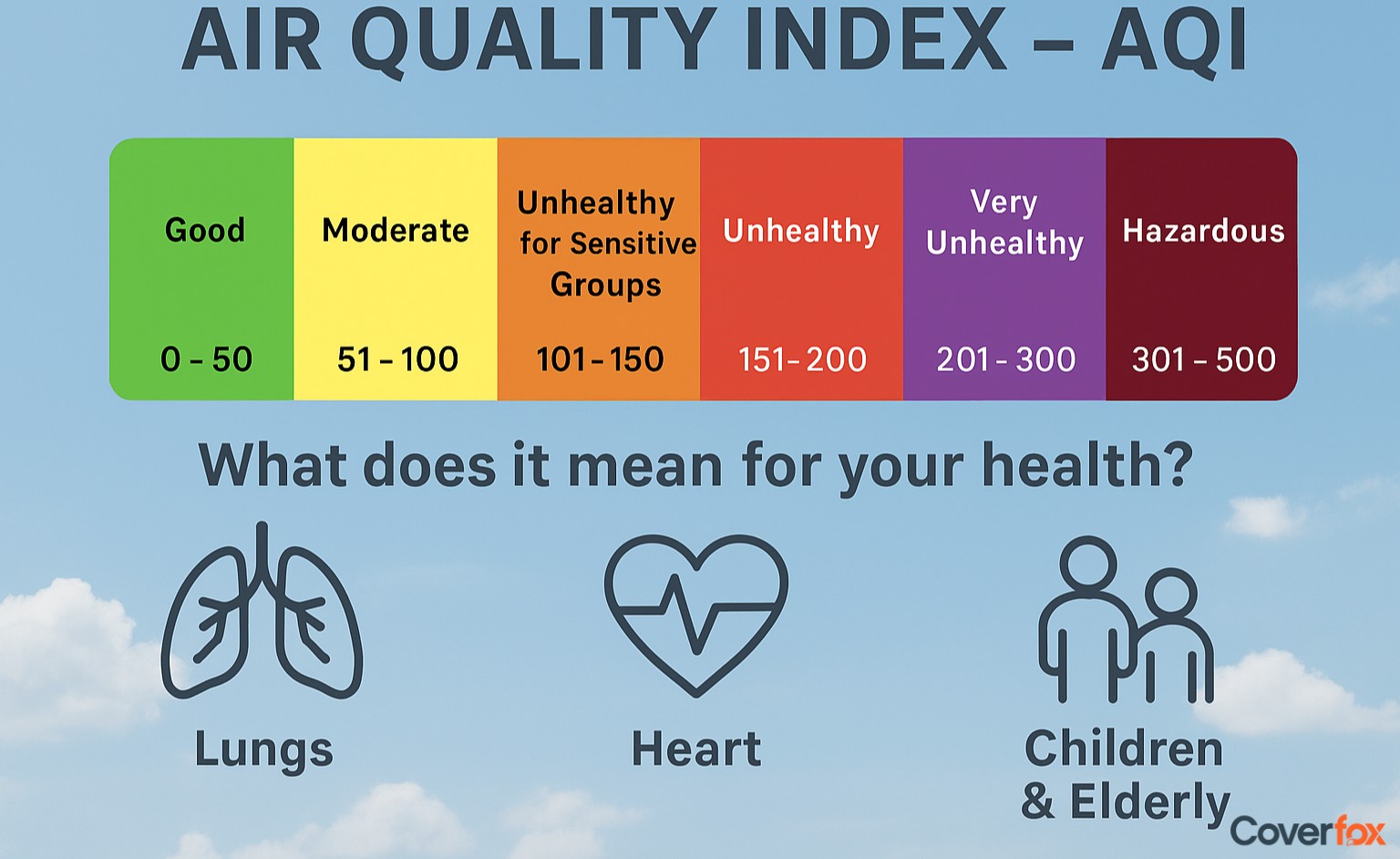Monsoon season brings with it a refreshing respite from the summer heat. However, it also ushers in a host of health concerns, one of which is viral fever. In this article, we will explore effective ways to prevent viral fever during the monsoon season. We will also delve into related topics such as health insurance coverage for viral fever in India.

Understanding Viral Fever in the Monsoon Season
Viral fever refers to a broad spectrum of conditions characterized by an increase in body temperature. This fever is caused by viral infections that invade the body, triggering an immune response. During the monsoon season, the prevalence of viral fever increases. The damp and humid conditions provide an ideal environment for viruses to thrive and spread.
What is Viral Fever?
Viral fever is a systemic infection caused by various types of viruses. It is often marked by a high body temperature, usually over 38 degrees Celsius or 100.4 degrees Fahrenheit. The fever is the body's normal reaction. It's a sign that your immune system is fighting off the viral invaders.
Why Monsoon Season is Critical?
Monsoon season, with its heavy rains and high humidity, creates a conducive environment for the spread of viruses. Waterlogged areas and stagnant water bodies become breeding grounds for mosquitoes, which can transmit viral diseases. Moreover, the damp and cool weather weakens the immune system, making individuals more susceptible to infections. Hence, it's crucial to take extra precautions during this season.
Symptoms of a Viral Fever
Recognizing the symptoms of a viral fever is the first step towards effective management. Depending on the particular virus causing the infection, these symptoms may differ. Common symptoms include a high body temperature, often accompanied by chills. Fatigue and weakness are also typical, as the body directs its energy towards fighting off the infection. Other symptoms may include:
- Headache
- Muscle or body aches
- Cough or sore throat
- Runny or stuffy nose
It's crucial to remember that these symptoms may potentially point to different medical conditions. Therefore, if you experience these symptoms, especially during the monsoon season, it's advisable to seek medical attention.
Preventing Viral Fever: Essential Measures
Preventing viral fever, especially during the monsoon season, requires a combination of personal, dietary, and environmental measures. These measures aim to reduce the risk of infection and strengthen the body's immune system. Key preventive measures include:
- Regular hand washing
- Avoiding crowded places
- Drinking boiled or purified water
- Wearing protective clothing
Personal Hygiene Practices
Maintaining good personal hygiene is crucial in preventing viral fever. Regular hand washing, for instance, can significantly reduce the risk of infection. The use of sanitizers can also be beneficial, especially when soap and water are not readily available. Personal hygiene practices to follow include:
- Regular hand washing
- Use of sanitizers
- Avoiding touching the face
Dietary Considerations
The immune system can be strengthened and the body can better fend off infections with a well-balanced diet high in vitamins and minerals. During the monsoon season, it's particularly important to consume foods that are high in vitamin C, such as citrus fruits, and foods rich in zinc, like nuts and seeds.
Dietary considerations to keep in mind include:
- Consuming a balanced diet
- Eating foods rich in vitamins and minerals
- Drinking plenty of water
Environmental and Community Precactions
The environment plays a significant role in the spread of viral infections. During the monsoon season, it's important to keep the surroundings clean to minimize the breeding of mosquitoes, which can transmit certain types of viral fevers. Using mosquito repellents and wearing protective clothing can also help prevent bites.
Environmental and community precautions to consider include:
- Keeping surroundings clean
- Using mosquito repellents
- Wearing protective clothing
Dos & Don’ts to Follow During a Viral Fever in Rainy Season
When you have a viral fever, it's important to know what to do and what to avoid. This can lessen difficulties and hasten your recuperation.
Here are some dos and don'ts:
- Do stay hydrated: Drinking plenty of fluids can help reduce fever and prevent dehydration.
- Don't self-medicate: Avoid taking medicines without consulting a healthcare professional. This may result in difficulties and unneeded adverse effects.
- Do rest: Rest is essential for recovery. It allows your body to heal and fight off the infection.
- Don't ignore persistent symptoms: If your symptoms persist or worsen, seek medical attention immediately.
Health Insurance in India: Does It Cover Viral Fever?
In India, health insurance policies vary widely. Some plans do cover treatment for viral fever, while others may not. It's important to go through your policy's fine print. Recognize the coverage and non-coverage areas. This can help you avoid unexpected costs and ensure you get the care you need.
Selecting the Right Health Insurance Plan
Selecting the appropriate health insurance plan is an important choice. It should provide comprehensive coverage, including for infectious diseases like viral fever. Consider factors like premium cost, coverage limit, and network hospitals. Also, check if the plan covers outpatient treatment, which is common for viral fever. A well-informed decision can offer financial security and peace of mind.
Conclusion
Preventing viral fever in monsoon requires vigilance and informed action. By understanding the risks and taking appropriate measures, we can safeguard our health. Remember, staying updated on local health advisories and maintaining a healthy lifestyle are key. Let's make monsoon a season of joy, not illness.





